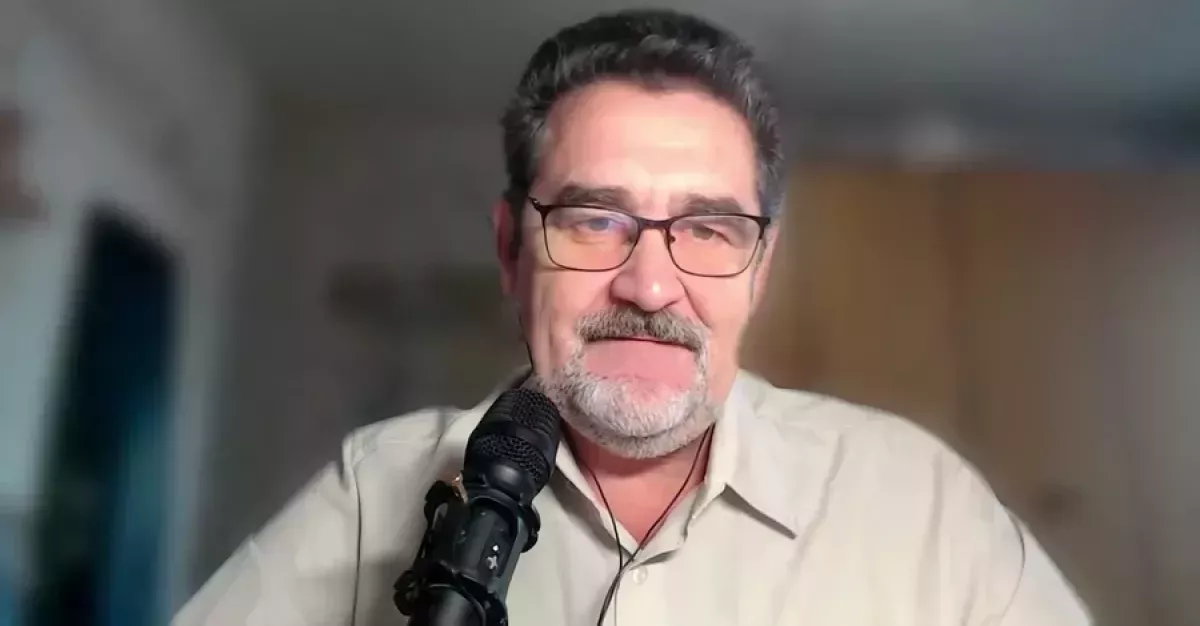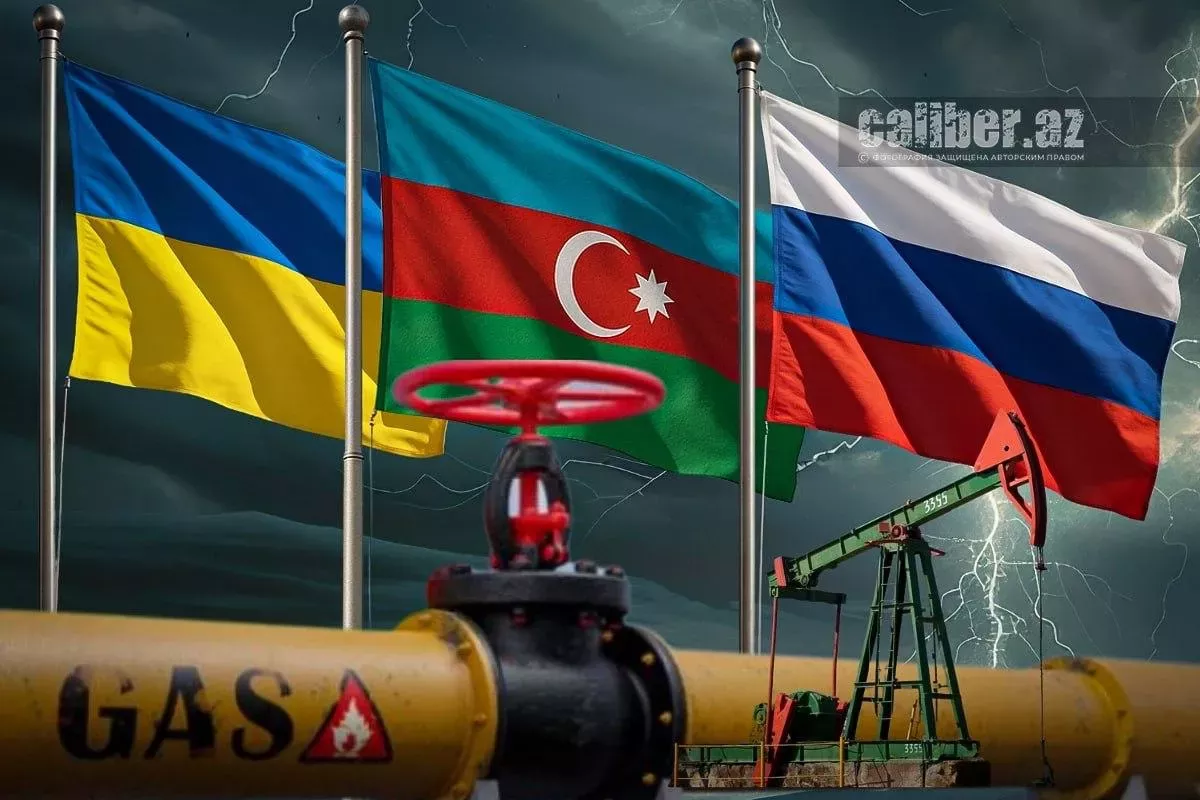Moscow's fading power in South Caucasus, and subsequent strikes on Azerbaijani facilities in Ukraine Can relations deteriorate further?
Caliber.Az has interviewed Ukrainian expert, Executive Director of the Kyiv-based Center for Middle Eastern Studies, Ihor Semyvolos, who shared his insights on Russia’s strikes against Azerbaijani energy facilities in Ukraine, Baku’s potential response measures, and the shifting geopolitical dynamics in the South Caucasus.

– How would you assess the consistent nature of Russia’s attacks on Azerbaijani energy facilities in Ukraine?
– I think Russia’s strikes on Azerbaijani energy facilities located on Ukrainian territory are linked to the changing nature of relations between Baku and Moscow and, as a consequence, to Moscow’s attempts to obstruct the supply of Azerbaijani gas to our country.
I would add more. From the very beginning of the war, Russia has been targeting Ukraine’s energy infrastructure primarily to prevent the country from accumulating sufficient gas reserves for the autumn, winter, and partly spring heating seasons. This is a standard practice by Russia, one that no longer surprises anyone.
– How was the news received in Ukraine that Baku may take retaliatory measures in response to Moscow’s provocations by considering lifting the embargo on arms supplies to Kyiv?
– Ukraine welcomes Baku’s stance on this issue. Azerbaijan’s reaction is entirely legitimate and enjoys full support from Ukrainians. Should Baku consider lifting the embargo on arms deliveries to Kyiv, this step would only reaffirm the allied nature of relations between our countries, even though such supplies would not be comparable to those coming from the West. For us, this is also significant because Ukraine’s National Security Strategy explicitly states that Türkiye and Azerbaijan are Ukraine’s strategic partners.
– Do you believe Moscow’s aggressive actions toward Baku are directly linked to the recent Washington talks?
– I don’t think Russia’s actions against Baku are directly related to the Washington negotiations. That meeting dealt a serious blow to Moscow, demonstrating that Russia is losing its influence and status in the South Caucasus—an irreversible process. In this sense, the Washington talks should be viewed as one element of the current geopolitical landscape in the South Caucasus. The normalisation of relations between Azerbaijan and Armenia, the establishment of a transport corridor and U.S. involvement in it, along with the weakening of Iran—all of this forms a single geopolitical complex. Meanwhile, Russia’s strikes on Azerbaijani energy facilities in Ukraine are a parallel process, not directly tied to the American track of negotiations.

Nevertheless, the crimes Russia commits—including strikes on Azerbaijani facilities in Ukraine—show that Moscow disregards international law and treats the property of other states with utter contempt.
What could be the outcome of Moscow’s aggressive policy against Azerbaijan’s interests?
– If we are talking about the continuation of Russia’s negative policy toward Azerbaijan—and most likely it will continue—then naturally, bilateral relations between the two countries will further deteriorate. There is a certain threshold after which one can speak of hostility. That threshold has not yet been reached between Baku and Moscow, but the circumstances in the South Caucasus, viewed in the broader context of the war in Ukraine and international efforts to establish peace, indicate that Russia is not a party capable of guaranteeing stability in the South Caucasus. On the contrary, Russia is a country seeking to destabilise the region.
At this stage, the efforts of Azerbaijan, Armenia, Türkiye, the United States, and other players should be directed at reducing Russia’s negative influence on the region, thereby ensuring prosperity and development. This is a complex process, and one must take into account the threats emanating from Moscow. By grossly violating the laws and principles of international law, Russia unilaterally bears responsibility for all these provocations.








